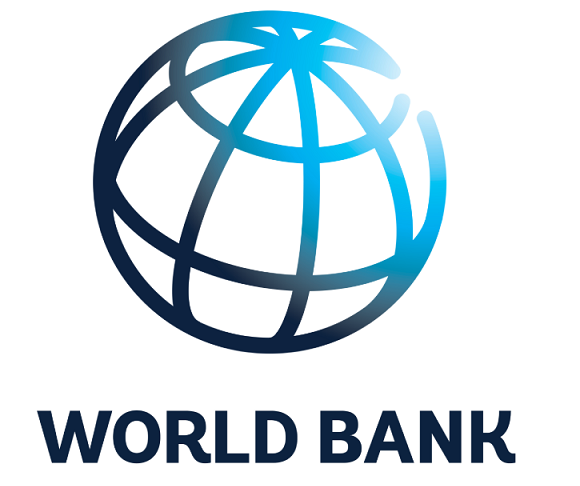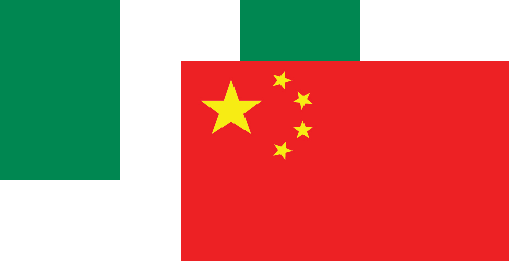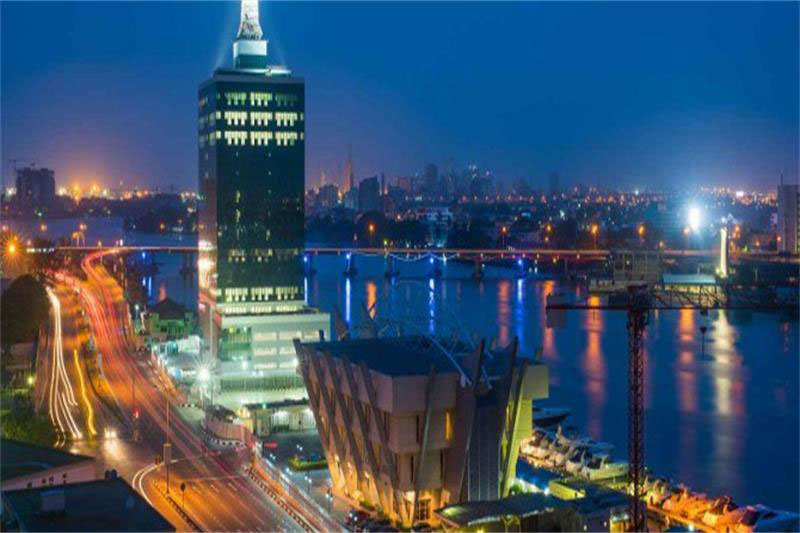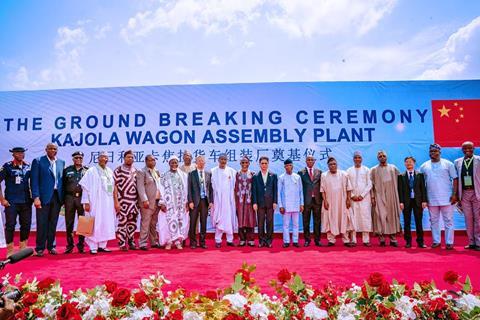Nigeria has been named among the “top 20 improvers” in the World Bank’s Ease of Doing Business rankings for 2019.Renowned Indian-American experts on strategy, globalisation, and entrepreneurship, Anil Gupta, disclosed this in Lagos on Tuesday.The W…...
Oct. 2 (Bassey Udo) - Nigeria has been named among the “top 20 improvers” in the World Bank’s Ease of Doing Business rankings for 2019.
Renowned Indian-American experts on strategy, globalisation, and entrepreneurship, Anil Gupta, disclosed this in Lagos on Tuesday.
The World Bank is expected to release the full report later this month. But Mr Gupta said a preliminary report showed Nigeria was ranked along with China and India among countries that recorded significant improvements in their systems towards ease of doing business.
Mr Gupta was one of the special guest speakers at the Platform, a biennial economic summit organised by the Covenant Christian Centre, Lagos to commemorate Nigeria’s 59th Independence anniversary celebrations.
He said the areas the World Bank report pointed out in which Nigeria has shown the most improvement in the last one year include creating new electronic platforms for taxes and corporate affairs for starting new businesses, registering property as well as the issuance of construction permits.
In 2018, Nigeria was ranked 146 out of 190 countries on the Ease of Doing Business globally. The country dropped by a spot from the 145th position in 2017 after moving 24 places from 169 in the previous year.
The philosopher ranked by Thinkers50 as one of the world’s “most influential living management thinkers” said Nigeria is making progress in economic development.
Apart from the official approval of the Bakassi Deep-seaport by the Federal Government, Mr Gupta also noted the Central Bank of Nigeria (CBN)’s push towards a cashless economy, describing it as a significant boost to the economy, particularly financial inclusion.
“Nigeria has come a long way. It has been a still democracy for many years. Today, it is Africa’s largest economy. It is the sixth in the world in terms of internet users, behind China, India, U.S., Brazil and Indonesia. Nigeria remains a role model for other countries in Africa,” he said.
Nigerian entrepreneurs
He identified the gross domestic product (GDP) and the per capita income of the citizens as the most important economic measures that define the economic success or health of any society.
The GDP, which is the aggregate value of goods and services over a period, mirrors the employment levels of the economy, while the per capita income reflects the average income earned per person in an economy.
“Where the employment level is high, unemployment is low, and where per capita income is low, it means the society is distributing poverty.
“On the other hand, if per capita income is rising and unemployment level is very high, that means inequality is high. That also is not morally or ethically acceptable. It is not sustainable,” he said.
In both circumstances, Mr Gupta said Nigeria has a lot it can do, with estimates showing the country’s population in the 15 to 35 age bracket has a higher level of unemployment or underemployment by over 25 per cent.
“Something needs to be done. High unemployment level is important, not just for people, but also society. Both are unacceptable at the individual or societal levels. High unemployment levels can feed xenophobia,” he said.
On per capita income, he said since 2015, Nigeria’s real GDP growth rate of an average of two per cent has been slower than the population growth rate of above 3.4 per cent, He said the country’s per capita income growth rate has declined over the last five years.
He lamented that Nigeria’s economy continues to be overly dependent on oil and gas resources, describing it as a fundamental challenge, particularly when crude oil prices are down.
“What is needed to sustain the growth in the economy is to boost the manufacturing ratio to GDP, which is currently at a very low level of about 7-8 per cent.
On Nigeria at 59, Mr Gupta said projections show that in 16 years when the country will be 75, if the economy grows steadily at an average of five per cent growth rate in real terms, the economy will be more than twice what it is now.
He underlined the strategic importance of diversification of the economy away from oil and gas, saying every society thrives as a partnership between government, big corporations, small and medium enterprises (SMEs) and civil societies.
On the structures necessary to expedite economic development, he said the government must give priority to the provision of electricity and other basic infrastructure.
“The Industrial Revolution was as a result of the availability of adequate power. Without electricity, it is difficult to move ahead, particularly with the Manufacturers Association of Nigeria (MAN) saying 40 per cent of its production cost goes to power,” he said.
Original Source: https://www.premiumtimesng.com/business/business-news/355633-economy-world-bank-ranks-nigeria-among-top-20-improvers-in-ease-of-doing-business.html




